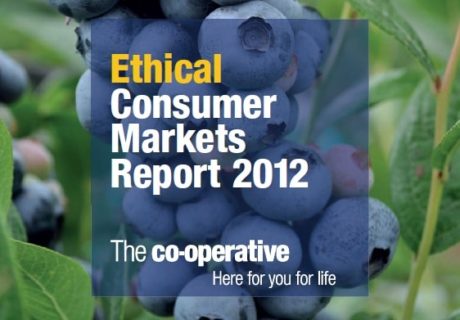“Next week”, announced the dulcet-toned Charlotte Green, “Radio 4 will broadcast the first in a two part-series in which Lord Gus O’Donnell makes a provocative and passionate plea in defence of bureaucracy.
“In the programmes the former Cabinet Secretary will argue that an efficient bureaucracy isn’t just a symptom of a mature democracy – it’s a fundamental prerequisite”. With which Charlotte signed off, and it was back to James Naughtie.
Now, those of you who would rather be visited by a plague of locusts than a team of technocrats will probably struggle to appreciate the sentiment. But it did make me think about our own sometimes conflicted view of bureaucracy and its offspring, red tape and regulation.
We all tend to look at life through prism of our own experiences. So, as an industry, we naturally criticise regulations that bind us in red tape, seem scientifically arbitrary or that stifle innovation – hence long-running battles with Europe over the unjustifiable excesses and inconsistencies of the FSD, health claims regulation and THMPD.
But you’ll hear praise from our own industry for the EU’s regulatory efforts in other areas – for example the recent extension on the ban on phthalates, and the ground-breaking REACH initiative to tighten controls on chemicals across the EU – criticised by the Chemicals Industry Association for creating a “regulatory minefield” (sound familiar?) and being anti-business, while Greenpeace called it “one of the most significant piece of legislation relating to the protection of human health”.
And in the wake of the horsemeat scandal organic industry leaders have been making a positive virtue of the stringent regulations, full paper trails and independent monitoring systems on which organic is founded. What might sometimes feel overly bureaucratic suddenly seems a blessing – and has given us a prime opportunity to show that organic food and farming offer consumers the confidence and integrity they’re desperately looking for.
As international legislation expert Simon Pettman put it recently, regulation is one of life’s certainties and there’s no away of avoiding it. What’s important is that it is properly understood, managed effectively and challenged robustly when it is just plain bad regulation. But let’s also remember that sometimes regulation strengthens industries, as well as protecting citizens.
In the end, whether you like or loathe a particular regulation might just depend where you’re sitting.
By Jim Manson
Natural Products editor and environment journalist
Jim Manson is editor of Natural Products magazine. He’s written widely on environment and development issues for specialist magazines and national media, including the Financial Times, The Guardian and Time Out.




